Hi Rahul,
We have never met as there has never been a reason for us to do so. I hope to meet you in the future but until that happens here’s a humble note from me. This was prompted after I came across your Twitter bio recently based on misinformation that you may have been exposed to. I’m a Nobody. And I have nothing to lose and only your friendship to gain (if at all) in this process.
To start with, Journalism is the activity of gathering, assessing, creating, and presenting news and information. It is also the product of these activities. This is as per the respectable American Press Institute. The website of the API explains further: “The purpose of journalism,” as per Bill Kovach and Tom Rosenstiel in The Elements of Journalism, “is not defined by technology, nor by journalists or the techniques they employ.” Rather, “the principles and purpose of journalism are defined by something more basic: the function news plays in the lives of people. There are several forms of journalism and investigative journalism is one form of journalism mainly used to report crime.
There are thousands of journalists who write plainly and at times with analysis on education, society, healthcare and several topics of public interest. They are honest and write or report keeping their end viewer or reader in mind. They are not doing that job to please a brand or organisation. They are respected and work in many corners of the country and the world. There are those who work in war zones and difficult climatic conditions. Everything they cover may not be investigated but reported as they see it happen.
Then there are hundreds of Public Relations professionals. Most of them create content, connect with stakeholders, manage a crisis, counsel leaders on reputation and do several other things in an ethical manner. Every profession has a few bad eggs and they choose methods to achieve their goals that are unethical. These you will find in journalism, in public relations, in medicine, in legal practice and in politics among other domains.
The Public Relations Society of America defines Public Relations “as a strategic communication process that builds mutually beneficial relationships between organisations and their publics”. You would do well to learn more about it here – http://apps.prsa.org/AboutPRSA/publicrelationsdefined/
I went to a communications school fifteen years ago where several of your colleagues also went to learn the various aspects of mass communication and communication management. We learnt the fundamentals of all communication disciplines. One of the things I learnt was to be honest when communicating in the professional world as we would in our personal lives.
Upon reading your cheeky bio (which you may have written because you have either been ill-informed or because you picked it up from a Whatsapp forward) you are not only doing a disservice to the Public Relations profession but also to your fellow journalists who do not necessarily work in the area of investigative journalism. I urge you to take note of this and update your bio so that someone as responsible and renowned as you will not make a mockery of two professions in one go.
I hope you take this note seriously and accept it in the right spirit. I don’t want an apology from you but future generations of upright professionals in public relations and non-investigative journalism may want one from you. I would like to apologise in advance if any of my words in this letter have been inappropriate. I hope to see your new bio at the earliest.
Regards
Amith

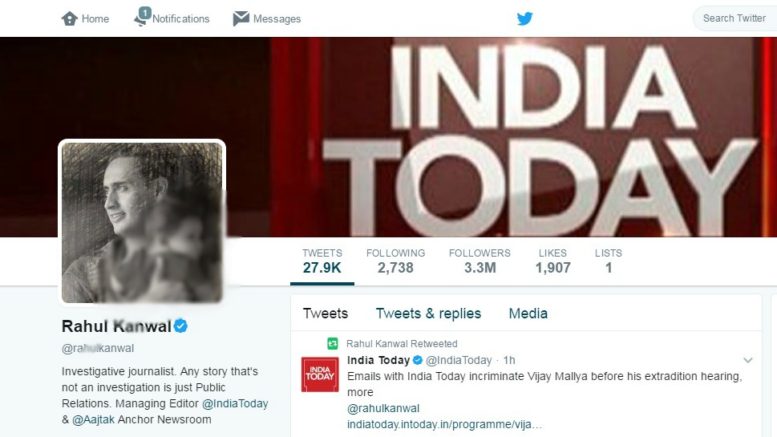



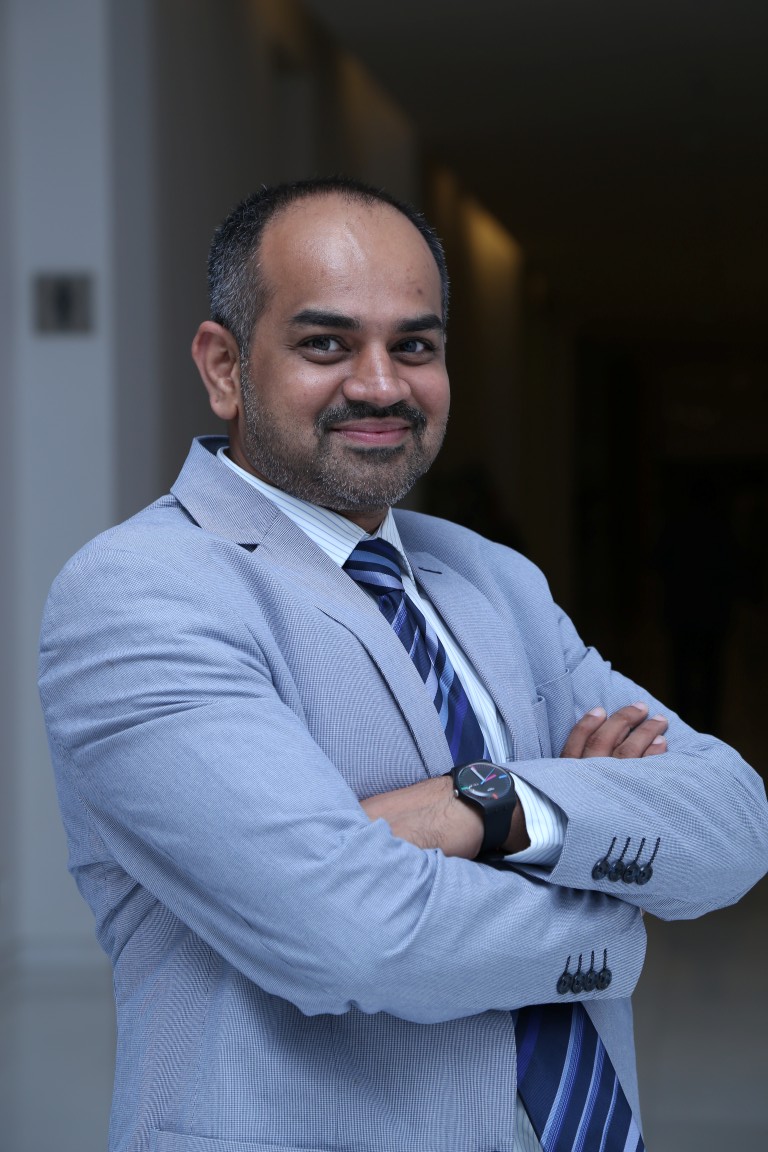
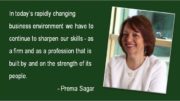
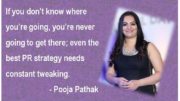
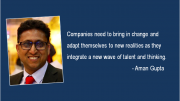
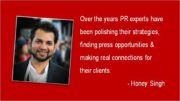
Be the first to comment on "A letter to investigative journalist Rahul Kanwal"